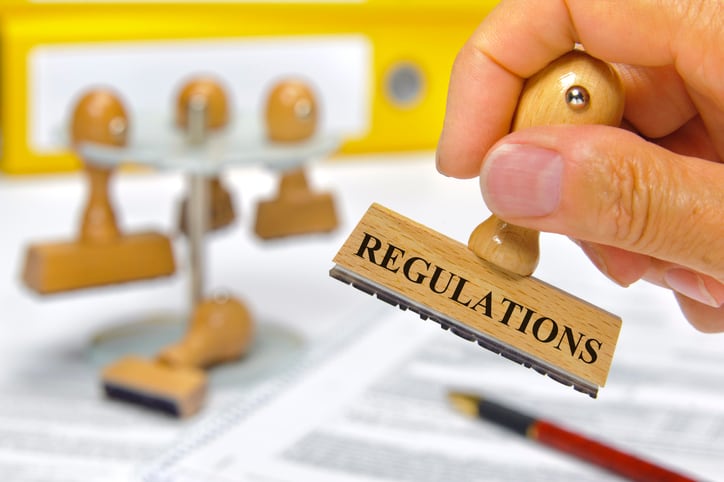/News/Regulation-policy — In its response to the Department of Health and Social Care’s consultation, the leading trade body for sports and active nutrition in Europe, stressed that, although sports foods do not technically fall under the HFSS product category, the proposed legislation is still likely to impact them.
This is because the upcoming regulation disregards the fact that sports and active nutrition products contain high amount of certain nutrients, such as sodium and sugar, to help active consumers supplement their intake.
ESSNA is therefore calling on the Government to introduce adequate exemptions for sports foods from the legislation.
Dr Adam Carey, Chair of ESSNA said: “ESSNA is very concerned that further restrictions to the advertising of sports foods risk unintentionally penalising the sports nutrition industry and defeats the very purpose of addressing obesity rates. The Government must acknowledge that sports foods are not products that contribute to childhood obesity, and its measures must reflect as such.
"Sports nutrition products are not, and will never be, marketed at or suitable for children. These products are purposefully formulated to cater for the specific dietary needs of physically active adult consumers, providing them with targeted products to complement balanced diets and support active lifestyles. For instance, sports foods high in sugar and sodium aim to help sportspeople replenish energy following exercise.
"Regrettably, the Government used the Nutrient Profiling Model (NPM) to determine which product categories are significant contributors to children’s sugar and calorie intakes. This system focuses solely on food composition and does not consider nor reflect the specific nutritional composition and benefits of sports foods. As a result, there is a high risk that sports nutrition products will be subject to the HFSS promotional restrictions.
"It is critical that the Government takes these nuances into account and provides adequate exemptions from this legislation for sports foods. It remains of utmost importance that sports and active nutrition businesses work together to address these and other regulatory challenges. ESSNA will keep working closely with policy makers to help them gain a better understanding of sports and active nutrition and will continue coordinating with stakeholders to secure fit for purpose legislation for these products”.
About HFSS advertising restrictions
In 2022, the UK Government formulated the policy for introducing advertising restrictions for HFSS products on TV and online.
These regulations will be made under new powers in the Communications Act 2003 (‘the Act’), introduced by primary legislation via the Health and Care Act 2022. The Health and Care Act 2022 inserted new sections into the Act which:
- prohibit television programme services provided between 5.30am and 9.00pm from including advertisements for identifiable HFSS products
- prohibit on-demand programme services regulated by Ofcom, provided between 5.30am and 9.00pm, from including advertisements for identifiable HFSS products
- prohibit paid-for advertising of identifiable HFSS products online
The Health and Care Act 2022 received Royal Assent on 28 April 2022. See section (172) and Schedule (18) for HFSS advertising restrictions in the Health and Care Act.
Under the Act, the new advertising restrictions were required to take effect from 1 January 2023. However, as announced in December 2022, the Gov is delaying implementation of the policy, so that it comes into force on 1 October 2025.
The government is seeking feedback on the draft regulations from those with an interest in these regulations and who will have to comply with them.
However it states on its website that the aim of this consultation is to gather views on the specific text in the regulations to ensure these are fit for purpose, not to revisit the scope of the regulations.
The Gov website states: "With the exception of the proposal for a new audio-only exemption in draft regulation 6, this consultation is not seeking to revisit policy decisions that were made and detailed in our response to the consultations in 2019 and 2020 but is focused on ensuring that the regulations are clear, unambiguous and can be implemented effectively once enacted.
"Information provided outside of the scope of the consultation, and general comments about the wider policy or Act, will not be considered as part of this consultation or addressed in any response provided to this consultation. See the Data protection section of this document for information on disclosure of responses.
"Following this consultation, subject to the usual SI procedures, the government will lay the regulations as soon as possible to ensure the new restrictions can come into force on 1 October 2025."


